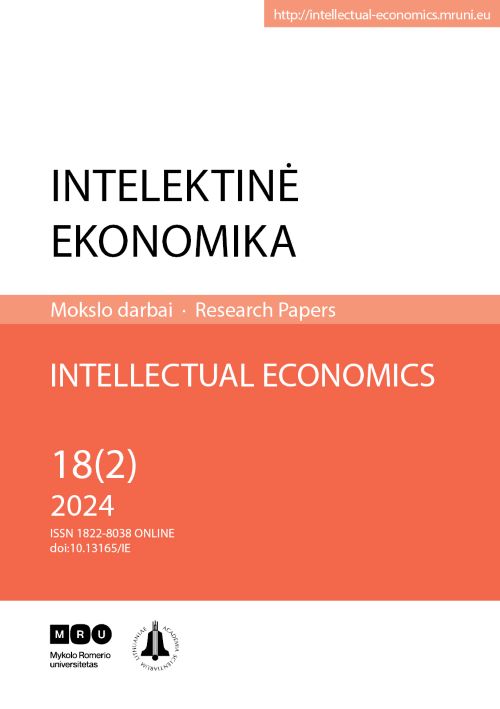Investing the impact and the challenges of Digital Transformation and Green Entrepreneurship in Greek Food Industry
##plugins.themes.bootstrap3.article.main##
Abstract
Purpose. Companies operating in every sector investigated various applications of digital technology, which ultimately resulted in their digital transformation to ensure their continued viability. This study examines the factors that affect the willingness of agrifood businesses toward digital transformation and green entrepreneurship, two trends that tend to a sustainable business model.
Methods. To approach the research question, a questionnaire based on closed-ended questions scored on a Likert scale was developed and completed by 288 industry executives. The collected data were analyzed in the development of Principal Component Analysis.
Findings. Findings highlighted five crucial components the executives should consider for integrating green entrepreneurship practices. They combined them with the digital transformation strategies of SMEs in Greece’s agri-food sector. These factors are related to the lack of digital human resource skills and limited funding, product innovation and consumer awareness in the digit era, innovative sustainable materials and life cycle assessment of SME products, executive training for SMEs on the Circular Economy, and executives’ knowledge of ESG and green entrepreneurship.
##plugins.themes.bootstrap3.article.details##
Authors contributing to Intellectual Economics agree to publish their articles under a Creative Commons Attribution 4.0 International Public (CC BY) License, allowing third parties to share their work (copy, distribute, transmit) and to adapt it, under the condition that the authors are given credit, and that in the event of reuse or distribution, the terms of this licence are made clear.







